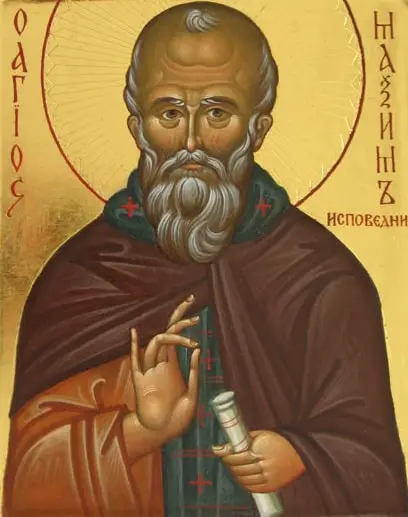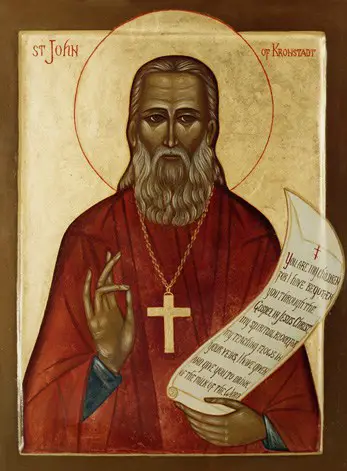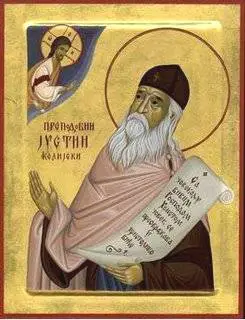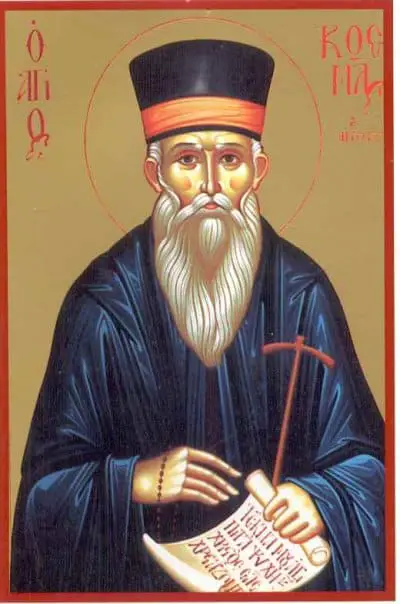St. Maximus the Confessor: As I man I deliberately transgressed the divine commandment . . .

As man I deliberately transgressed the divine commandment, when the devil, enticing me with the hope of divinity (cf. Gen. 3:5), dragged me down from my natural stability into the realm of sensual pleasure; and he was proud to have thus brought death into existence, for he delights in the corruption of human nature. Because of this, God became perfect man, taking on everything that belongs to human nature except sin (cf. Heb. 4:15); and indeed sin is not part of human nature, In this way, by enticing the insatiable serpent with the bait of the flesh. He provoked him to open his mouth and swallow it. This flesh proved poison to him, destroying him utterly by the power of the Divinity within it; but to human nature it proved a remedy restoring it to its original grace by that same power of the Divinity within it. For just as the devil poured out his venom of sin on the tree of knowledge and corrupted human nature once it had tasted it, so when he wished to devour the flesh of the Master he was himself destroyed by the power of the Divinity within it.
+ St. Maximos the Confessor, Various Texts on Theology, the Divine Economy, and Virtue and Vice 1.11, The Philokalia: The Complete Text (Vol. 2)




